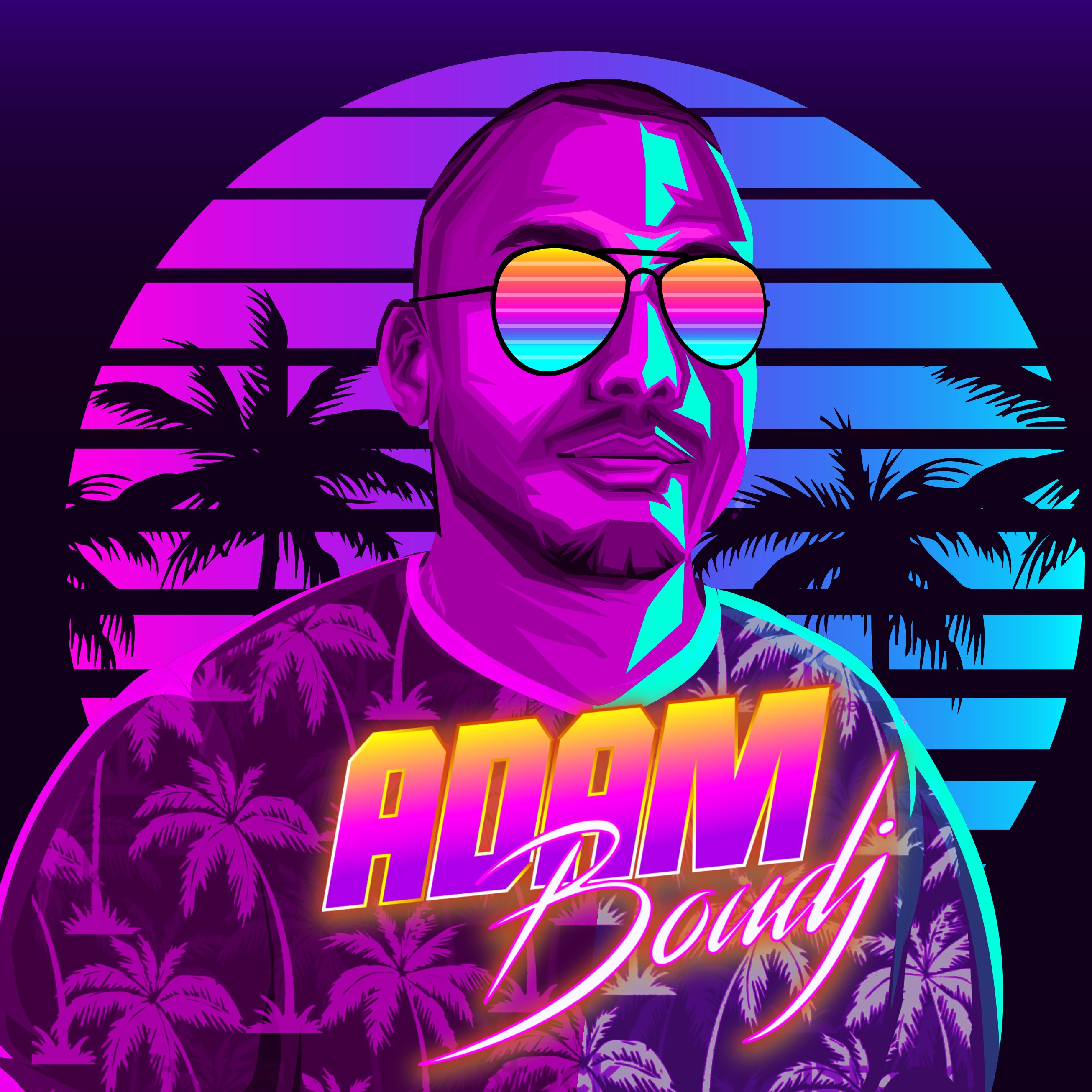418 reads
Revolutionizing Real-World Assets with ERC-6960: A Simple Guide
by
August 2nd, 2023
Audio Presented by

Blockchain Tech Lead at Biconomy 🍊, DeFi innovator, ERC-standards contributor (ERC3643 & ERC6960).
Story's Credibility

About Author
Blockchain Tech Lead at Biconomy 🍊, DeFi innovator, ERC-standards contributor (ERC3643 & ERC6960).
